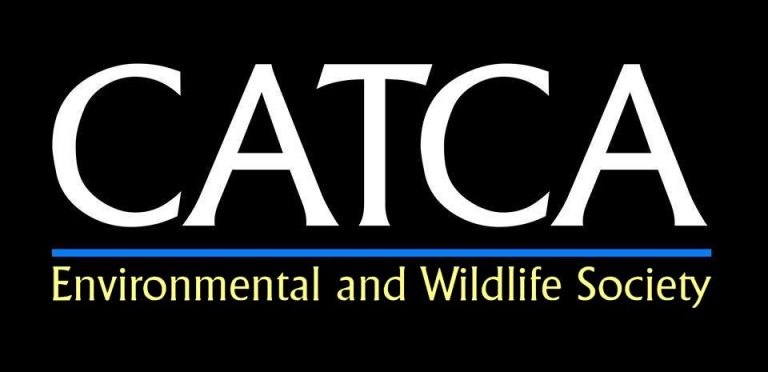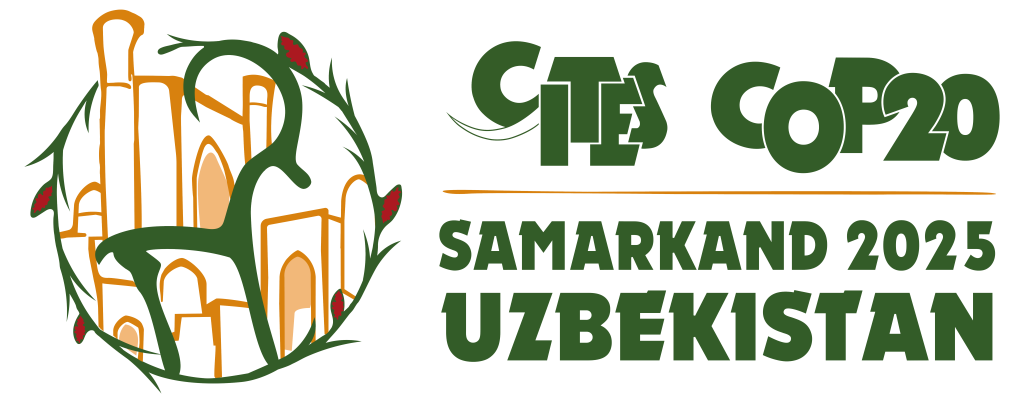Canada
CATCA Environmental and Wildlife Society (CATCA EWS) was co-founded in 1989 by Ericka Ceballos and Daniel Sorg. The aim of this small NGO, in Ceballos’s words, ‘as an animal rights, animal welfare and animal conservation organization,’ was to stop animal cruelty around the world. In Canada CATCA EWS is best known for its opposition to seal hunts. On the world stage it is mostly recognised for its campaigns against bullfighting in Spain and opposition to elephant poaching in Africa.
Today, CATCA EWS works on a broad range of conservation and animal issues in close association with CITES and UNEP in the fight against wildlife crime, especially when it is committed on the world wide web. For example, it keeps a close watch on Facebook and ebay, where advertisements and virtual stores sell banned ivory, often mislabeled as jewelry and wood carvings or merely labeled obscurely as bone products.
At CITES’ CoP18, CATCA EWS organized a side event with the International Primate Protection League. There it revealed that its research had uncovered how ecommerce platforms were being used to illegally market great apes and other primates in Africa and the Americas. In a commentary on its CoP-18 contribution, CATCA EW boasted about how its research proved to be, in its words, ‘a great tool to lobby for the successful inclusion in Appendix I and II of CITES for the protection and conservation from the trade to numerous animal species’.
Leaders
Ericka Ceballos and Daniel Sorg
Funders
The Rimini Street Foundation, founded by Rimini Street (NASDAQ: RMNI). The Rufford Foundation, which administers Rufford Small Grants for Nature Conservation (RSGs).



